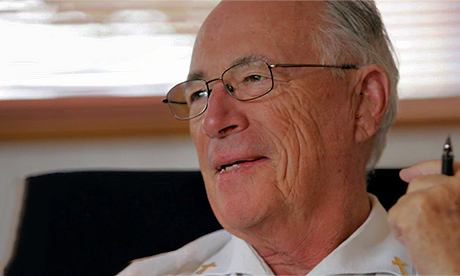I write in support of Imam Gamal Foude’s comments on the need for love and respect in combatting violence.
With all due respect to French leaders, I think they could start by reviewing the implications of laïcité.
At this time, they have much to say about “Islamic terrorism”. Worse, some of the language they are using is the language of warfare and of terrorism itself.
Obviously, there can be no justification for what was done in Nice. But in wanting to explain the causes of such violence they are looking no further than Islam.
In a recent BBC Hardtalk programme, Stephen Sackur interviewed French professor of sociology and political advisor, Dominique Schnapper, who explained what she called the French form of secularism, which she assured us is superior to what we find in Britain and USA.
Most of us accept the separation of Church and State, including agencies of the State, and rightly. But laïcité goes further by including “the public sphere” with the State. Consequently, religion is mainly for the private sphere.
According to the Professor, curtailing the scope of religion in the public sphere gives people freedom!!
I suggest, on the contrary, that the State and the public forum are not the same; the public forum belongs to the people, to society.
It is where minds meet to be enriched by each other; it is where proper integration takes place.
Relegating religion and cultural diversity to the private sphere prevents integration! In fact, it is a recipe for creating ghettos! I would have thought this was obvious, though she did mention that she would not expect the English to understand!
I suggest that institutions dedicated to health care, social welfare and education, though administered by the State, are also not agencies of the State: they too belong to society, to the people, and therefore should be allowed to reflect society, including its pluralism, and not have to avoid or banish religious and cultural expressions.
Perhaps they should be called “State-run” institutions, not “State institutions”.
The professor points out that the French understanding of secularism is a “product” of the French revolution and its rejection of previous forms of authoritarianism (of aristocracy and Church).
True, but that makes it a form of push-back, and a product of negative experience. It needs to move beyond its origins, and become positive. But that requires dialogue at every level, which is what laicite inhibits!
She is surely justified in allowing criticism of other people’s views, including religious views, and she is right to say that criticising people’s views is not necessarily insulting the people who hold them. But somewhere there is a line between critique and mockery?
It seems to me mere sophistry to say that mocking what is sacred to other people is not disrespecting those people.
Pope Francis’ latest encyclical letter (especially chapter 6) is spot on where he talks of the crucial role of dialogue and need for greater respect and kindness within cultures and within politics.
It is within a culture of genuine respect for others, kindness and dialogue, that we instinctively know the difference between critique and mockery, between fair comment and incitement, between free speech and hate speech…
Schnapper is genuinely concerned that some kind of aberration seems to have taken place within Islam. But might she also need to ask whether there is some kind of aberration within the French form of secularism?
- Bishop Peter Cullinane, Bishop Emeritus, Diocese of Palmerston North, New Zealand.
